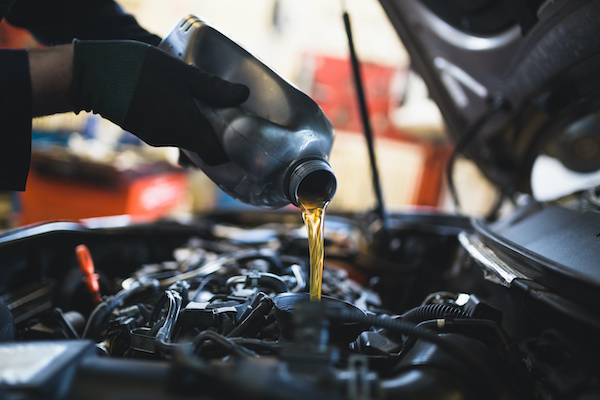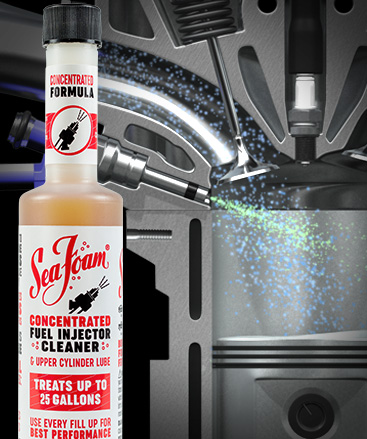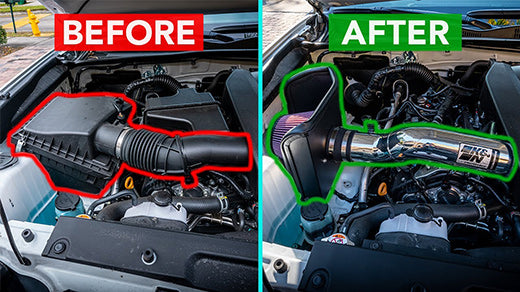Does Engine Oil Go Bad?

Engine oil plays a crucial role in maintaining the performance of your vehicle’s engine. But like any product, it has a lifespan. Over time, engine oil can break down, lose its effectiveness, and potentially cause damage to your engine. Understanding whether engine oil goes bad and how to store it properly can help you maintain the health of your vehicle.
🛢️ Does Engine Oil Expire?
Yes, engine oil can go bad. However, the oil itself doesn’t “expire” in the traditional sense. Instead, it degrades over time due to exposure to heat, air, and contaminants. The oil breaks down and loses its ability to lubricate engine parts effectively, which can lead to engine damage.
How Long Does Engine Oil Last?
- Unopened Engine Oil: Unopened motor oil can last for 5 years or more if stored properly. However, exposure to extreme temperatures and humidity can shorten its shelf life.
- Used Engine Oil: Once engine oil has been used in the engine, it deteriorates faster due to contaminants, heat, and breakdown from constant friction.
🔥 Factors That Cause Engine Oil to Go Bad
- Heat:
High engine temperatures cause the oil to oxidize faster. Oxidation leads to the formation of sludge, which can reduce the oil’s ability to flow and lubricate properly. - Contaminants:
Over time, engine oil picks up dirt, metal shavings, and combustion byproducts that degrade its quality. These contaminants can cause the oil to become thick and less effective. - Air Exposure:
Oxygen in the air interacts with the oil, causing it to break down. Over time, exposure to air can cause the oil to lose its viscosity and effectiveness. - Additive Depletion:
Motor oils contain additives that help improve performance, such as detergents, anti-wear agents, and antioxidants. These additives break down over time, causing the oil to become less effective.
🔍 Signs That Your Engine Oil Has Gone Bad
If you suspect your engine oil has gone bad, there are several signs you can look for:
- Dark, Thick Oil:
If the oil appears very dark or thick, it’s a sign that it has become contaminated or degraded. - Unusual Engine Noise:
If the engine starts making more noise than usual, it could mean the oil is no longer lubricating the parts properly. - Oil Smell:
A burning smell or rancid odor may indicate that the oil has overheated or is breaking down. - Poor Performance:
Degraded oil can cause engine performance issues such as sluggish acceleration or reduced fuel efficiency. - Visible Sludge:
Sludge or foam can form if the oil has broken down. This can cause poor circulation and could potentially block oil passages, leading to engine damage.
🛠️ How to Extend the Life of Your Engine Oil
Proper maintenance can help extend the life of your engine oil and keep your engine running smoothly:
- Change Oil Regularly:
Follow your manufacturer’s recommendations for oil change intervals. Regular oil changes ensure the oil stays clean and effective. - Use the Right Oil:
Make sure to use the correct oil viscosity and type (synthetic, conventional, or high-mileage) for your vehicle. Using the wrong type of oil can lead to poor lubrication and faster oil degradation. - Avoid Overheating:
Try to avoid overheating your engine, as this can accelerate the breakdown of the oil. If you notice your engine temperature is too high, address the issue immediately. - Check Oil Level Regularly:
Make sure the oil is always at the proper level. Low oil levels can cause increased friction and heat, which degrades the oil faster.
❓ FAQs
Q: How do I know if my engine oil is bad?
A: Check the color and consistency of the oil. If it’s dark, thick, or sludgy, it might have gone bad. Also, unusual engine noises, poor performance, or a burning smell can indicate degraded oil.
Q: Can old engine oil damage the engine?
A: Yes, old or degraded oil can cause significant damage to the engine. It loses its ability to lubricate and clean, which can lead to increased wear on the engine parts.
Q: How long does engine oil last before it goes bad?
A: Unused motor oil can last up to 5 years if stored properly. Once used, oil should be changed according to your vehicle’s maintenance schedule, typically every 3,000 to 7,500 miles (depending on the type of oil).
📝 Conclusion
While engine oil does not “expire” in the same way food or other products do, it does degrade over time due to exposure to heat, air, and contaminants. This degradation reduces its ability to effectively lubricate your engine and can lead to damage if not addressed. Regular oil changes and proper storage can help extend the life of your engine oil and keep your engine running smoothly for years to come. Always pay attention to signs of bad oil, and don’t hesitate to replace it if necessary.
Also Check:
• Does Unused Motor Oil Expire?





